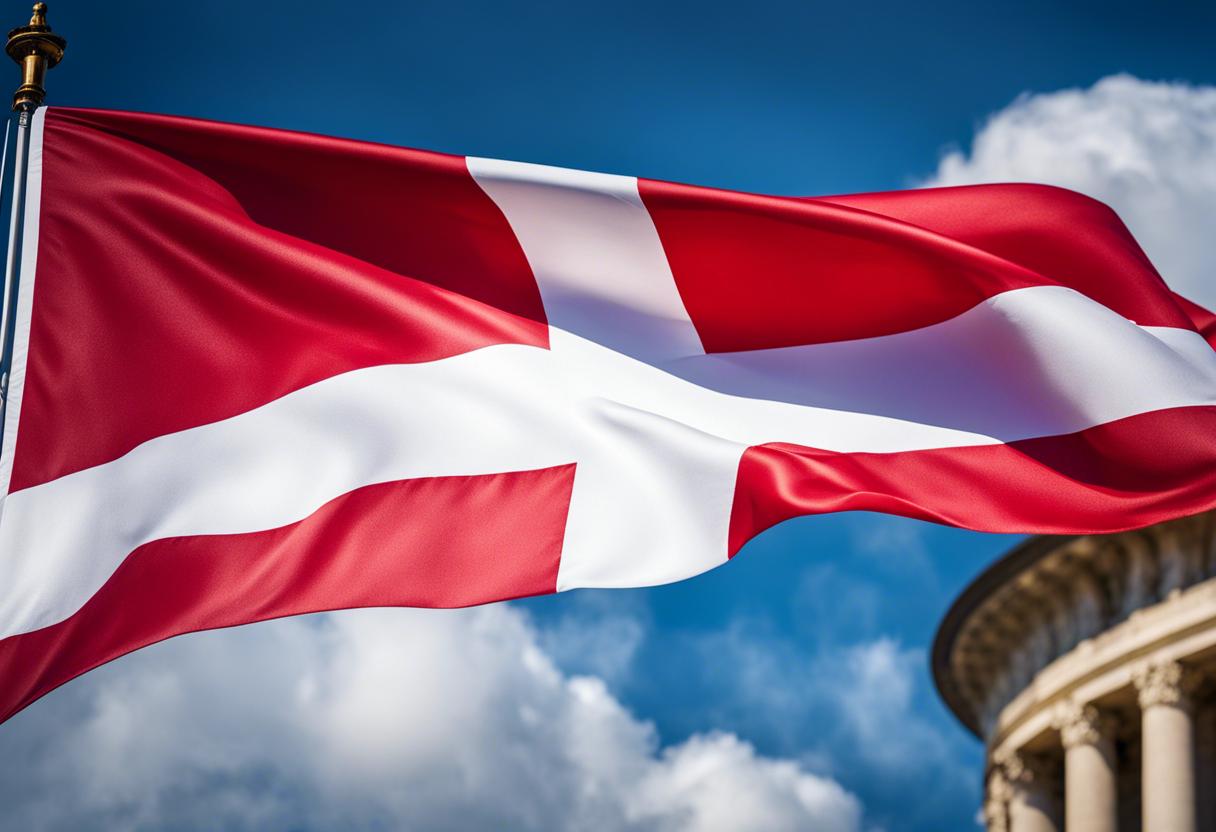The Georgian legislature’s judiciary committee dismissed a veto imposed by the country’s president on the controversial “foreign agents” law, a decision that sparked vast demonstrations for several weeks. This could potentially prompt a full parliamentary vote on Tuesday to overturn President Salome Zourabichvili’s veto of the act, which she and other detractors argue will curb press independence and impede Georgia’s path to EU membership.
The proposed bill necessitates that media outlets and NGOs receiving more than a fifth of their funding from overseas declare themselves as working in a foreign entity’s interests. The law has been criticised as a “Russian law” due to its correlation with regulations endorsed by the Kremlin.
President Zourabichvili vetoed the legislation after it was adopted in Parliament by representatives from the ruling Georgian Dream party and their partners on May 18th. The group has enough parliamentary votes to set aside the veto. As the law was debated in Parliament, frequent large-scale demonstrations took place in the capital, Tbilisi.
The president and Prime Minister Irakli Kobakhidze exchanged criticisms in speeches commemorating Georgia’s Independence Day on Sunday. Ms Zourabichvili spoke of Russia’s increasing shadow over Georgia and the country’s need for a closer alliance with Europe to secure and enhance its independence and peace. She suggested that those obstructing this path are jeopardizing Georgia’s peaceful and secure future. In response, Mr Kobakhidze harshly rebuked Ms Zourabichvili’s statements.
The EU’s diplomatic department voiced that the law could hinder Georgia’s progress towards EU integration. Critics argue that Russia may have prompted this law to block Georgia’s further alignment with the West.
American Secretary of State Antony Blinken suggested last week that Georgian officials who were found to undermine democracy in Georgia would face traveling sanctions.
He conveyed his aspiration that the leaders of Georgia would review the proposed legislation and actively progress towards their country’s democratic intentions and goals aligning with Euro-Atlantic values.

